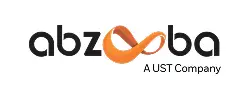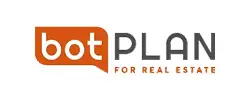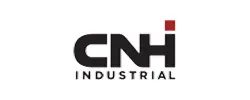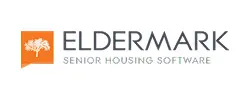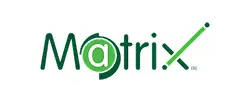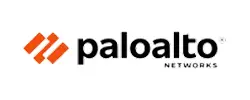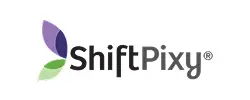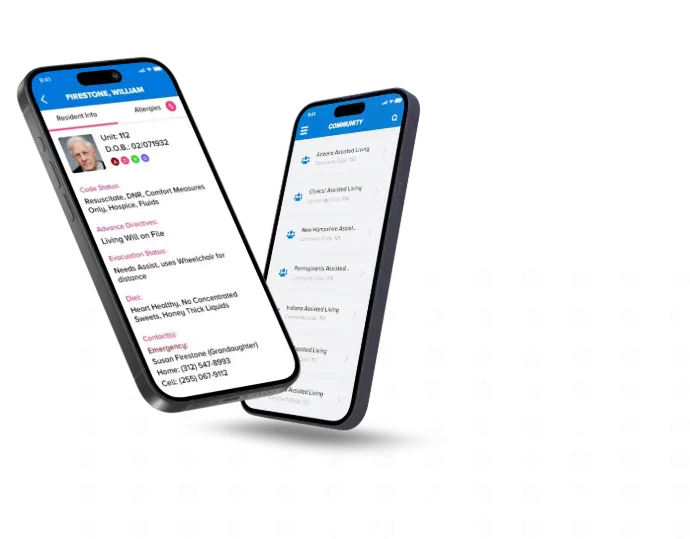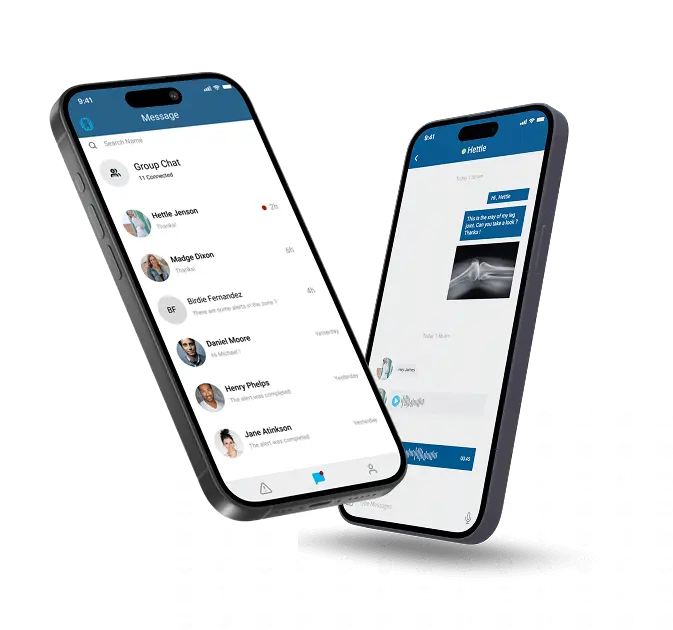EHR/EMR Software Development Services
Transform healthcare delivery with our cutting-edge EHR/EMR software development services tailored to improve clinical workflows, patient engagement, and data accuracy. We specialize in building EHR/EMR software that empowers healthcare providers with real-time access to medical records, seamless EMR system integration, and secure digital infrastructure.
- Custom EHR/EMR Platforms Tailored to Specialty Needs
- Seamless EMR System Integration with Labs, Pharmacies & Billing
- Interoperability with HL7/FHIR Standards
- Patient Portal Development for Real-Time Access & Engagement
EHR/EMR Software Development Services We Offer
Explore our wide range of HIPAA-compliant, scalable, and feature-rich EHR/EMR software services designed to transform patient treatment, secure medical data, and streamline workflows for healthcare providers.
14+
Years! Splendid Journey.
Delivering innovative tech solutions with passion, precision, and purpose since 2009.
$8M
Business Run Rate (2021-22)
Powering global growth with scalable, enterprise-grade digital solutions.
Ensuring Global Healthcare Compliance
Meets top benchmarks for security, privacy, and interoperability.






400+
Projects! Successfully Delivered.
Driving innovation across industries with tailor-made technology solutions.
CMMI-3
Certified Company
Committed to delivering process-driven, high-quality software solutions.
Core Features of an Effective EHR/EMR Software Solution
To truly elevate patient care and clinical efficiency, your electronic health record or electronic medical record system must be equipped with essential, HIPAA-compliant features that support interoperability, security, and engagement across the healthcare journey.
01. Comprehensive Medical Records Management
Enable healthcare providers to efficiently manage patient files, including case history, diagnoses, treatment plans, prescriptions, and lab results. Our EHR software centralizes patient records for quick retrieval, improving patient interaction and streamlining decision-making in every healthcare practice.
02. Interoperability Across Healthcare Services
Facilitate secure data exchange with laboratories, pharmacies, diagnostic imaging services, and other medical systems. Our cloud-based EHR solutions ensure that electronic medical records (EMR) are accessible across multiple providers, enhancing collaboration and continuity of patient care.
03. Clinical Decision Support (CDS) Tools
Leverage intelligent alerts and real-time recommendations based on health records to assist healthcare professionals in clinical decision making. CDS tools within the EHR system help detect potential drug interactions, reduce medical errors, and promote best-practice compliance.
04. Specialty-Specific & Customizable Templates
Empower healthcare providers to create and manage templates tailored to various medical specialties. This feature simplifies documentation, reduces repetitive data entry, and ensures that each electronic health record reflects the specific needs of different care settings.
05. HIPAA-Compliant Secure Messaging
Facilitate encrypted communication between healthcare providers and patients through secure messaging features. This enables appointment scheduling, follow-ups, and non-urgent patient communications while maintaining privacy and enhancing patient engagement across the healthcare journey.
06. Access Control & Robust Security Measures
Implement granular access controls, user authentication, and data encryption protocols to protect patient health records. Our EHR and EMR systems adhere to healthcare data privacy regulations like HIPAA, safeguarding sensitive health information across all points of access.
07. Cloud-Based EHR System for Scalability
Support scalability, mobility, and disaster recovery with our cloud-based EHR solutions. These systems allow medical professionals to access medical records securely from any device while reducing infrastructure costs and enhancing operational flexibility.
08. Seamless Data Migration Capabilities
Ensure a smooth transition from legacy systems with our reliable data migration tools. Whether you're switching from another EMR software or consolidating health information technology platforms, we guarantee minimal disruption and secure handling of critical health records.
09. Patient Engagement Tools
Boost patient satisfaction and adherence to care plans with integrated patient engagement tools. From online portals and appointment scheduling to direct access to health records and secure communication channels, our solutions enhance the overall healthcare experience.
10. Revenue Cycle Management Integration
Streamline billing, claims processing, and insurance verification by integrating revenue cycle management features into your EHR system. This ensures faster reimbursements, fewer errors, and a more sustainable financial model for healthcare provider.
Why Your Healthcare Business Needs a Robust EHR/EMR System
Adopting an advanced Electronic Health Records or Electronic Medical Records system is no longer optional—it’s essential. A well-integrated EHR solution supports healthcare providers in delivering high-quality, cost-effective, and patient-centric care. Below are the key components that make EHR and EMR systems indispensable for modern healthcare facilities:
1. Streamlined Administrative Efficiency
Electronic health records eliminate manual paperwork and automate repetitive tasks, allowing healthcare providers to focus more on patient care. With intuitive interfaces and workflow optimization, EHR software enhances operational efficiency while significantly cutting administrative costs.
2. Increased Patient Safety
By offering instant access to comprehensive patient health records, an EHR system helps minimize clinical errors. Updated medication history, allergy alerts, and diagnosis records ensure safer decision-making, leading to better outcomes and fewer complications.
3. Secure & Seamless Data Sharing
Modern EHR systems support secure data sharing across various departments and facilities. This enhances coordination among multiple healthcare providers, ensuring consistent care delivery and a unified view of the patient journey—even across remote or telehealth environments.
4. Long-Term Cost Savings
By replacing paper-based records and reducing unnecessary lab tests or duplicate documentation, comprehensive EHR solutions cut down operational expenses. The savings also extend to patients, with fewer billing errors and better-managed treatment plans.
5. Anytime, Anywhere Record Accessibility
Cloud-based EHR systems empower healthcare providers to access medical records from any location. This capability is especially crucial for telemedicine, mobile clinics, and multi-site healthcare practices aiming to deliver care beyond traditional boundaries.
6. Actionable Data Analytics
Advanced EHR software supports healthcare analytics by turning patient data into actionable insights. Track population health trends, monitor resource utilization, and make data-driven decisions to optimize both clinical strategies and administrative planning.
7. Optimized Workflow Management
EMR systems enhance scheduling, billing, and resource allocation. With automated appointment management and streamlined patient intake, healthcare practices experience reduced wait times and improved care delivery efficiency.
8. Empowered Clinical Decision-Making
EHR systems present real-time access to medical records, lab results, and clinical notes. This real-time visibility supports evidence-based, timely decisions that lead to more personalized and effective treatment strategies.
9. Minimized Clinical & Documentation Errors
By digitizing notes, prescriptions, and lab orders, EMR software developers significantly reduce the risk of errors from illegible handwriting or missing data. Automated checks and templates further ensure documentation consistency and accuracy.
10. Enhanced Patient Engagement
Modern EHR platforms include integrated patient engagement tools such as online portals, where patients can view test results, book appointments, and communicate with their care teams. This transparency fosters stronger patient-provider relationships and better adherence to treatment plans.
11. Cost-Efficient, Scalable Care Delivery
EHR solutions lower long-term costs by improving resource allocation and eliminating redundant procedures. Whether you're a solo practitioner or a multi-specialty network, the scalability of EHR systems ensures sustainable growth without overspending.
12. Comprehensive Reporting & Compliance
EMR systems come equipped with built-in reporting and compliance tools. Healthcare facilities can generate performance reports, fulfill regulatory obligations, and stay audit-ready—all while continuously improving clinical practices through detailed performance metrics.
Our EHR and EMR Software Development Process
We follow a strategic, collaborative, and compliant development process to deliver custom EHR and EMR software tailored to your healthcare practice. From concept to post-launch support, each phase ensures data security, user satisfaction, and clinical efficiency.
Strategic Planning
We begin by understanding your specific healthcare workflows, medical specialties, and compliance needs. This helps us define clear goals for your EHR/EMR system, focusing on patient safety, regulatory compliance, and seamless integration with other medical systems.
-
Agile Execution & Custom Development
Using agile methodologies, our EMR software developers build a scalable, interoperable EHR solution tailored to your clinical and administrative needs. We integrate modules for patient portals, medical history tracking, data migration, and robust security measures to protect patient data.
-
Seamless Launch
We deploy your EHR or EMR system with minimal disruption to your healthcare practice. Our team ensures a smooth rollout, complete with staff onboarding, training, and integration into existing healthcare technologies for optimized operational efficiency.

UI/UX-Driven Web Design
Our design phase prioritizes intuitive navigation for medical professionals and patients alike. We craft HIPAA-compliant interfaces that support easy access to patient records, health data, and electronic medical records—enhancing engagement and reducing training time.
-
Rigorous Testing & Quality Assurance
We run multiple layers of testing—from unit to system and security testing—to ensure that your electronic health record system performs flawlessly. Our QA experts validate patient data accuracy, workflow consistency, and compliance with healthcare regulations.
-
Post-Launch Support & Maintenance
After launch, we offer ongoing support for software updates, feature enhancements, and performance monitoring. Whether it’s improving patient engagement tools or addressing new compliance mandates, we ensure your EHR software evolves with your healthcare organization’s needs.
Tailored EHR/EMR Software for Every Healthcare Industry
From hospitals to specialty clinics, we build HIPAA-compliant, cloud-based EHR and EMR software designed to meet the unique needs of diverse healthcare organizations. Empower your practice with custom features, robust patient information security, and seamless data exchange across multiple providers and specialties.

Hospitals & Medical Systems
Streamline clinical workflows, enhance patient care, and support interoperability with a centralized electronic health record system.

Private Clinics & Healthcare Practices
Custom electronic medical records (EMR) software for solo or group practices to manage patient records, appointments, and treatment plans more efficiently.

Mental & Behavioral Health
Enable confidential patient interaction, progress tracking, and medication management with secure, specialty-focused EMR systems.

Pediatrics
Simplify immunization tracking, growth charts, and child-specific clinical decision-making with pediatric-ready EHR solutions.

Cardiology & Internal Medicine
Leverage data-driven insights and templates tailored for cardiovascular care, chronic condition management, and diagnostic accuracy.

Telemedicine & Virtual Care Providers
Support remote patient monitoring, real-time patient communications, and cloud-based access to health records in virtual care environments.

Long-Term & Post-Acute Care (LTPAC)
Facilitate better continuity of care, medication alerts, and data migration across different facilities with our integrated EHR software.
Real-World Impact of Our EHR/EMR Solutions
Explore how our custom-built Electronic Health Record (EHR) and Electronic Medical Record (EMR) systems are transforming healthcare delivery. From enabling real-time communication in senior care facilities to optimizing home-based treatment plans, our solutions drive clinical efficiency, patient safety, and improved outcomes.
In-Depth Answers to Your Common Questions
Custom EHR software development empowers healthcare providers to tailor systems that align with their workflows, medical specialties, and compliance needs. Unlike off-the-shelf solutions, a customized electronic health record (EHR) system enhances efficiency, data handling, and care delivery. Here's how:
- Streamlined Clinical Workflows: Custom solutions automate patient data entry, reduce redundant documentation, and improve overall provider productivity.
- Improved Patient Engagement: Through integrated patient portals, individuals can access their health records, lab reports, and communicate with providers, enhancing engagement.
- Interoperability with Other Systems: Enables seamless data exchange with labs, pharmacies, imaging centers, and other healthcare systems, promoting collaborative care.
- Advanced Security Features: Incorporates robust security measures to protect patient data, ensure HIPAA compliance, and maintain audit trails.
- Specialty-Specific Modules: Supports various medical specialties by allowing custom templates, charting methods, and data formats.
- Integrated Reporting & Analytics: Custom EHR systems offer comprehensive dashboards for clinical information, resource utilization, and performance metrics to support data-driven decisions.
- Scalability for Future Growth: Built to evolve with your healthcare organization's expanding needs, including cloud-based EHR system integration.
QSS Technosoft specializes in custom EHR software development that adapts to diverse healthcare practices, ensuring better outcomes, compliance, and operational excellence.
Integrating a robust Electronic Medical Record (EMR) system into your medical practice can significantly enhance clinical performance and patient satisfaction. EMRs are crucial tools for ensuring accurate health records, improved workflows, and error-free documentation. Here’s how they benefit your organization:
- Centralized Medical Records: Access complete patient records, including medical history, medications, and allergies in one secure, searchable database.
- Enhanced Clinical Decision Making: Real-time access to clinical data and drug interactions helps reduce medical errors and improve diagnostic accuracy.
- Optimized Patient Interaction: Doctors can spend more time interacting with patients instead of managing paperwork, improving the patient care journey.
- Cost-Effective Operations: Reduces expenses by minimizing manual entry, paper use, and redundant testing through efficient data tracking.
- Regulatory Compliance: Ensures adherence to healthcare standards through built-in HIPAA-compliant protocols and audit-ready data trails.
- Improved Revenue Cycle Management: Automated billing, claims processing, and insurance verification lead to faster reimbursements and financial clarity.
- Patient Engagement Tools: Integrates features like appointment reminders, patient education, and follow-ups to improve patient outcomes and loyalty.
- Support for Data Migration: Facilitates a smooth transition from legacy systems, ensuring no loss of crucial electronic medical records (EMR).
At QSS Technosoft, we build scalable, compliant, and high-performance EMR solutions tailored for healthcare providers looking to improve efficiency, safety, and long-term value.
Frequently Asked Questions
Electronic Health Records (EHR) and Electronic Medical Records (EMR) are digital platforms used by healthcare providers to manage patient data. An EMR is a digital version of a patient’s chart within one medical practice, containing medical history, diagnoses, and treatments. An EHR system, on the other hand, offers a more comprehensive solution that enables seamless data exchange across multiple healthcare organizations. These systems improve patient care, support clinical decision-making, and are vital for HIPAA-compliant and cloud-based healthcare systems.
An EHR system enhances patient care by offering real-time access to health records, clinical data, medical history, allergies, and drug interactions. This comprehensive view reduces medical errors, facilitates better decision-making, and enables coordinated care across multiple medical professionals.
Absolutely. Our comprehensive EHR solutions are built to support various medical specialties through customizable templates, modular workflows, and specialty-specific reporting tools, ensuring seamless adoption across different healthcare systems.
Yes. Our EHR and EMR software is designed with interoperability in mind. It integrates with labs, pharmacies, radiology services, billing systems, patient portals, and third-party APIs using HL7/FHIR standards for seamless data exchange.
Patient portals in our EHR software allow patients to view their medical records, lab results, prescriptions, and appointment history. These portals enhance patient engagement, improve patient interaction, and support two-way communication between patients and healthcare providers.
Yes, we provide post-launch support, including system monitoring, feature upgrades, bug fixes, and regular updates to keep the EHR solution compliant, secure, and aligned with evolving healthcare technology standards.
Custom EHR software development allows healthcare providers to tailor workflows, patient interaction modules, and data management to their specific medical practice. It enhances operational efficiency, supports patient engagement tools, and ensures HIPAA compliance, which is crucial for handling patient health information securely.
Yes, we develop HIPAA-compliant EHR and EMR systems with robust security measures, including data encryption, access control, audit logs, and secure data exchange protocols to protect patient data and meet industry regulations.
Cloud-based EHR systems offer flexibility, scalability, and remote access to patient records. They facilitate seamless data migration, real-time data synchronization across providers, and reduced infrastructure costs, making them ideal for modern healthcare practices.
Yes, we offer end-to-end data migration services from existing EMR systems or paper records to modern EHR platforms, ensuring data integrity, minimal downtime, and full regulatory compliance during the process.
Our EHR systems streamline billing processes, reduce claim denials, automate coding, and integrate with insurance providers. This improves cash flow, reduces administrative costs, and enhances overall revenue cycle management for healthcare organizations.
The timeline depends on the complexity, features, integrations, and compliance requirements. Typically, a basic custom EHR system may take 3–6 months, while advanced solutions with multiple modules, third-party integrations, and specialty support may take 6–12 months or more.
Related Blogs
Check out our latest blogs here.
